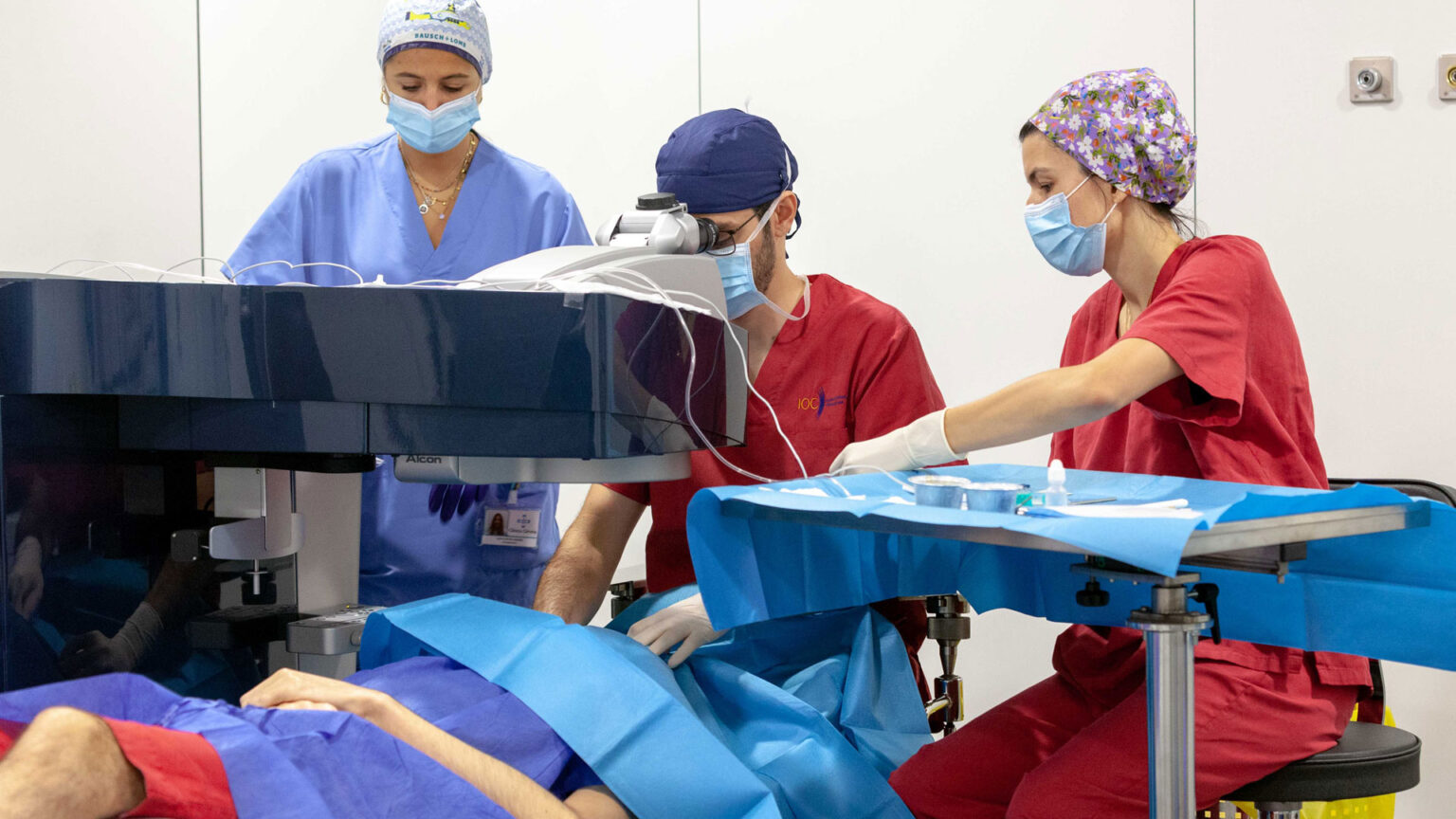An abscess is a collection of pus that forms due to a bacterial infection or the body’s inflammatory response to injury or irritation. This condition can cause pain, swelling, and redness in the affected area, and it requires appropriate treatment to prevent complications.
Initial Treatment of Abscesses
Initially, the treatment of an abscess typically involves prescribing antibiotics to control the infection. Antibiotics help eliminate the bacteria responsible for the abscess and reduce inflammation. However, in cases where the abscess is large or does not respond to medication, surgical intervention may be required, known as abscess drainage.
Abscess Drainage Procedure
Abscess drainage is performed under local anesthesia to ensure that the patient does not feel pain during the procedure. It involves making a small incision in the affected area to access the abscess and drain the accumulated pus. This process relieves pressure and pain, facilitating the healing of the infection. During the procedure, samples of the pus may be taken for laboratory analysis. This analysis helps identify the type of bacteria causing the infection, which is essential for guiding subsequent treatment with the most appropriate antibiotics.
Thus, this treatment is crucial to prevent the spread of infection to other parts of the body and to accelerate the patient’s recovery. Without adequate drainage, an abscess can worsen and lead to serious complications, such as systemic infections or damage to surrounding tissues. Additionally, accurately identifying the responsible bacteria through pus sample analysis allows for more effective and personalized treatment.
In summary, abscess drainage is an essential procedure for treating severe infections that do not respond to antibiotics. Performed under local anesthesia, this procedure allows for the removal of accumulated pus, alleviates symptoms, and promotes healing. Furthermore, analyzing pus samples helps identify the causative bacteria, guiding subsequent treatment with the most effective antibiotics. If you suspect you have an abscess requiring drainage, consult your specialist for appropriate treatment to avoid complications.

